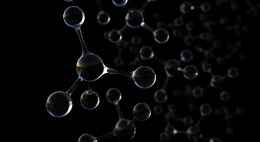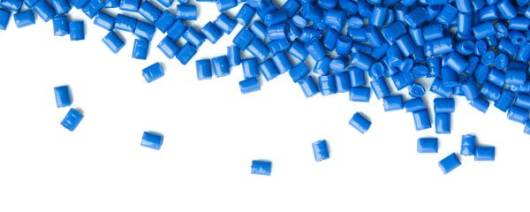Products in Base Chemicals & Intermediates: Coatings
365 Products found in Base Chemicals & Intermediates
Matching product categories
Fast Response Times
With SDS
With TDS
Show
of 365 results

























































